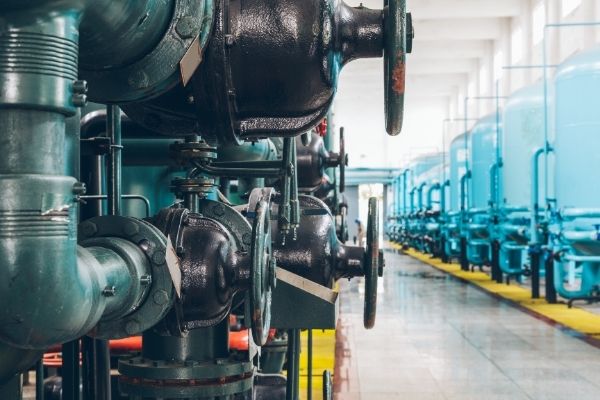

If you are working on an engineering project, the thought of locked pipes and corroded channels can put you awake for the whole night. And thus, we are right here to help you out. The global cost for corrosion prevention and control is around $3 trillion. Apart from the high control cost, corrosion can reduce production, cause fatal injuries, and put workers’ lives in danger. On top of that, it is really hard to notice the corroded pipelines with your naked eye.
Still, corrosion is not a matter that to be scared off. You can fight against the pesky metal punishers, keep the whole pipeline free from corrosion, and save your money in the future.
Here are some of the effective ways by which you can reduce corrosion in the pipelines at the time of construction and how these steps can be helpful for you to save money and efforts in the longer run.
Though the pipe installer follows lots of precautions and checks the quality of the pipes before they install the pipes, corrosion happens due to constant use and when the piping material breaks down due to the environment outside. You might have seen the rusty regions or the metal pieces inside the pipes that cause the corrosion. These spots inside the pipes look like eaten away or worn down with constant use. This is the sign of pipe corrosion or structural damage to the pipelines. However, what does it mean for the pipes or the beams? Too often gives rise to the un-sturdy pieces of metal that will clog the movement of water in later times.
One of the most corrosion causes is constant contact with harmful chemicals or with the water. Corrosion generally happens when the metal comes in contact with the things like oxygen, grime, water, and even other metals. These issues can create problems in the pipeline and kick-start the corrosion for various reasons.
Corrosion is defined as the chemical reaction that plagues metals. This issue starts to be evident when a piece of metal loses the electrons and gets weakened. Those electrons are encouraged to leave the metal when it is in contact with the electrolyte, like water and electron-hating particles. After that, the metal gets vulnerable to other destructive reactions, these results in cracks, holes, and rust on the surface of the pipes.
If you want to prevent corrosion in your pipelines and want to keep the water flow constant and fast, you can take help from the expert who works in Dry Air Services for any pipeline corrosion issues, plumbing issues, and so on. To know more, Visit Us.